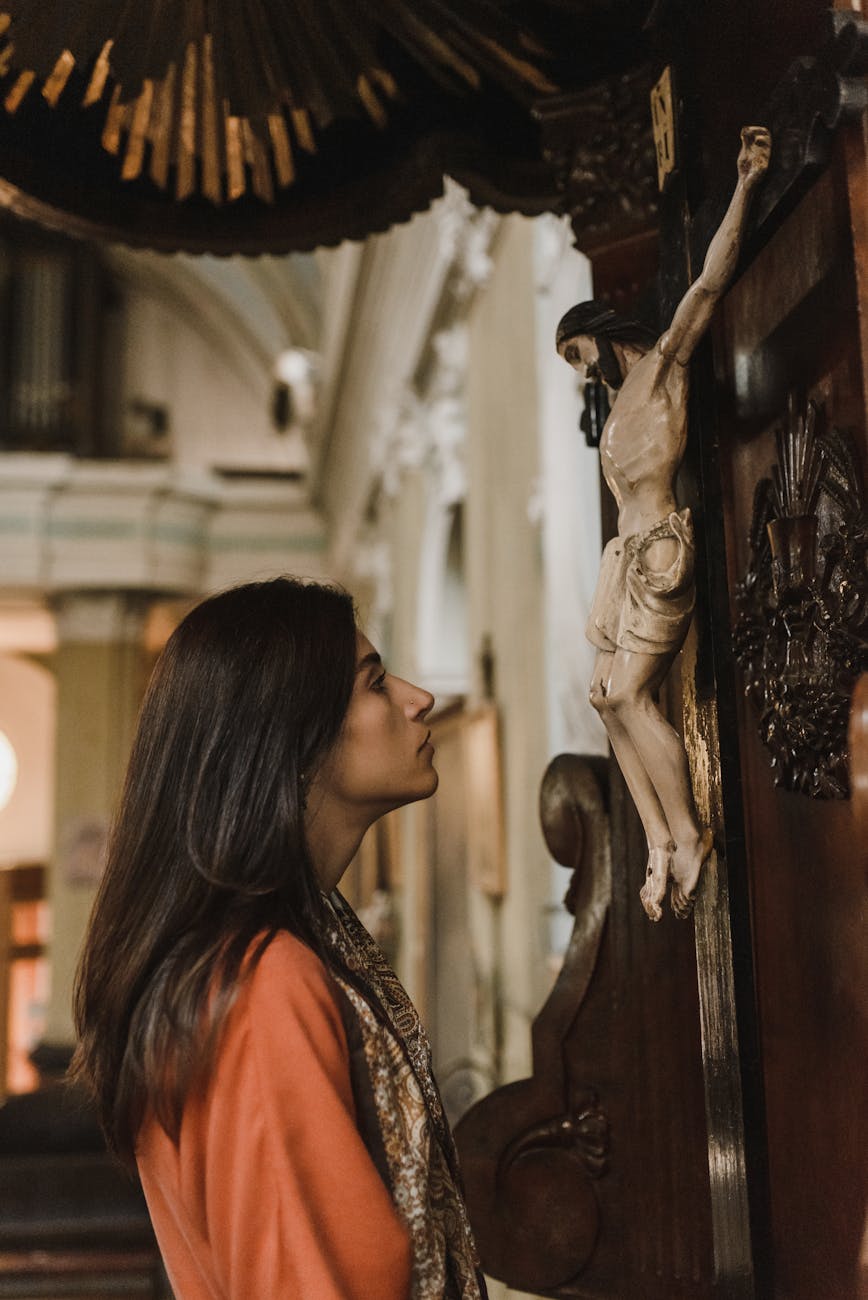Embracing Divine Mercy: How God’s Love Extends Equally to the Weak and the Strong. Have you ever been in a situation that you believe is so unfair? I can tell you many stories that I have been mistreated or a situation happened that just wasn’t fair! And I know that you can recall many situations that have been unfair to you.
Matthew 21:1- 16 is a parable that teaches about issues of unfairness and fairness. Yet, it is not a factual story and revolves around the equal rewards given to workers for unequal amounts of labour. Jesus uses various events to communicate his vision of what the kingdom of heaven should be on earth, as it already is in heaven. And not surprisingly, it differs from many existing ideas of it. Jesus says the last will be; first, the first will be last.
In previous chapters, Before this parable, Jesus accepts the children. He blesses them and uses them to model how the kingdom is granted equally by grace and God’s mercy alone.
Then, in the encounter with the rich young ruler, he indicates that it is almost impossible for anyone to be worthy of the kingdom based on their actions, showing that we can only enter God’s kingdom by God’s grace and mercy alone.
Firstly,
This story is about a farmer who hires workers regularly throughout the day. He hires workers from sunrise at three-hour intervals to the ninth hour, mid-afternoon.
Casual labourers are called together at the end of the day, beginning with the last hired. They receive a day’s wage, a denarius, considered enough to live on for just one day. Here, the farmer pays the last ones first and the first ones last, and all receive the same amount. So those who worked 10 hours got the same reward as the ones who worked one hour! The workers who have worked all day are agitated — so they should be — we say. They were so upset by this apparent unfairness that they were outraged.
Jesus has a way of using outrageous scenarios in his stories. It upsets the hearers; it unsettles us, challenging our comfortable traditional ideas. Jesus uses shock tactics to get people thinking, and his storytelling turns what we consider typical values upside down. At first glance, the scene is exploitation based on a whim and injustice. It’s not fair! Yet, the story opens new mental pictures for us of what the kingdom is like in heaven and should be on earth.
Secondly,
If we look at it this way, unemployment benefits were created to ensure everyone has enough to live on in the short term without working for it. Likewise, the National Health Service in the UK provides medical care for free to all people regardless of income. These benefits are assessed not by no earning ability but by need. Here, the standard is about the need and not about earning rights. This is also how God’s kingdom works.
Jesus promises in earlier parts of Matthew that he will supply all our needs according to his riches in glory – not our income. So here again, it’s different from earning rights, but on need. This is an upside-down kingdom for sure, one that should be reflected in the life of the Church. Accepting this different way of thinking puts the question of justice into perspective.
Interestingly, Jesus uses familiar imagery, familiar even to us some 2,000 years later. The images are of hiring people who wait in the town centre for work. It’s an image of desperate people, local people battling unemployment.
Desperate, they seek just one day’s wage to feed themselves and their families. Things aren’t looking good for them. These poor people may have been in this position for some time. Hanging out about the town centre waiting for work is humiliating because they are at the beck and call of other people’s whim.
There is a vast potential of being exploited as an expendable resource. The poor can be dehumanised due to poverty, which is unjust to Jesus’ thinking. The poor folk require help and should be offered compassion, not exploitation.
Thirdly, — The weak and the strong are equally loved.
There is a familiar cry today for human rights. Some shout the loudest demanding their rights to be accommodated. At the same time, others do not shout at all. They may not be able to shout, so they are marginalised, and their human rights are denied.
Through this story, Jesus shows us that there are no favourites with God. The weak and the strong are equally loved and shown God’s mercy.
This is a story about what our earthly reality should look like. We should focus on issues around equality rather than justice. This is because, without equality, we can have no true justice. But it is also about what our spiritual reality should look like. What do I mean?
Well, those who have accepted Christ’s saving grace early in their lives and have followed him will have no particular advantage over those who have lived an unrighteous life but repents on their deathbed. Nevertheless, they will have the same gift of salvation but have differing eternal rewards.
It is all About our Needs
Far from exploiting anyone, God’s kingdom brings love and mercy. It brings equality and justice based on the need for a saviour. It’s about the need to be saved from the power of sin and death. Salvation is not based on our ability or status. Equality in God’s kingdom should reflect what is happing in heaven. And for us, it’s the upside-down kingdom. So God is saying that our human way is upside down, and God’s way is the right side up!
The Challenge
Jesus is challenging our long-held ideas of what society should be. Jesus is creating a new society called the kingdom of God. In so doing, God is showing us, through this parable, what God’s kingdom should look like here on earth. The kingdom is about our day-to-day living. It’s about what we think, say and do daily. If we follow Christ, we build God’s kingdom here on earth.
Does this Teaching make you Feel Unsettled? This parable can unsettle us. It raises many questions for us. Jesus wants this to unsettle us; when we are unsettled, we are more likely to listen to the alternative. Jesus uses this story to show us what the kingdom of God is like. He shows us what mercy, equality, love and true justice are all about.
In Jesus, we learn that God is not working with purely human rights. It is far more than that. It’s simply that Father God loves us all equally without prejudice; this is at the heart of God. It is about God’s salvation for all — because God IS love!
So let’s embrace divine mercy because God’s love extends equally to the weak and the strong. The last will be first, and the first will be last.
If this article has helped you in a small way, please like it and feel free to comment. Please follow and subscribe to receive regular updates, which will help me reach more people and grow this ministry – thank you.
Affiliate Link: Got a YouTube channel? To Get More Views and Subscribers, click this link to get your free TubeBuddy today. https://www.Tubebuddy.com/pricing?a=Wellness4Women
In the comments section, I would love for you to share your stories and comments about your coping, health, fitness, and wellness strategies with this community.


Leave a comment